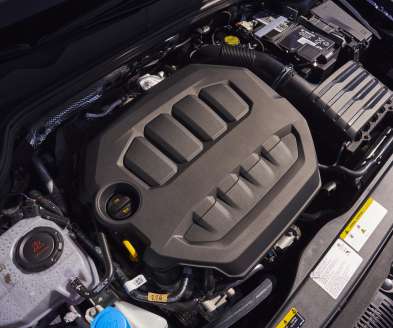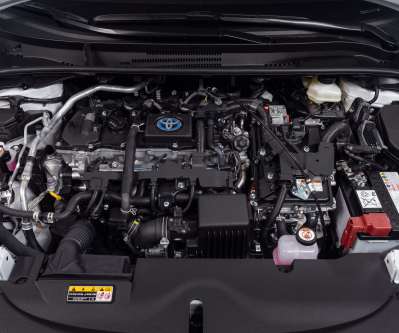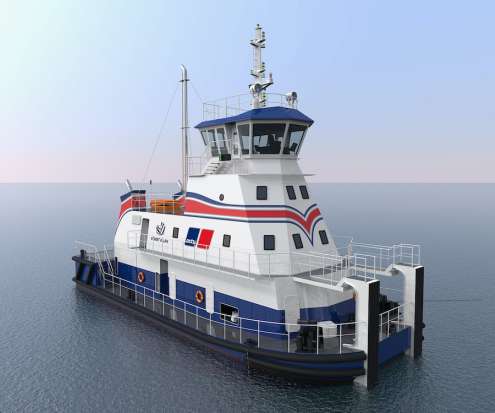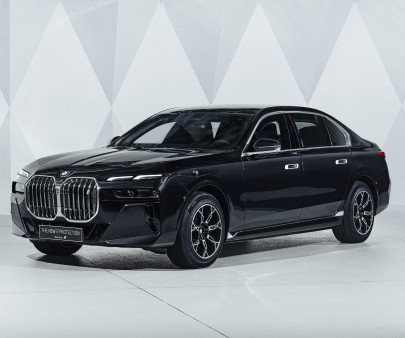International automotive researchers emphasize the importance of continued development of the internal combustion engine
Green Car Congress
OCTOBER 9, 2019
Thirty-seven globally prominent scientists representing the International Journal of Engine Research have published an open-access editorial addressing the future of the Internal Combustion Engine, and stressing the importance for continued development of more efficient and even lower-emitting technologies. —Reitz et al.







































Let's personalize your content